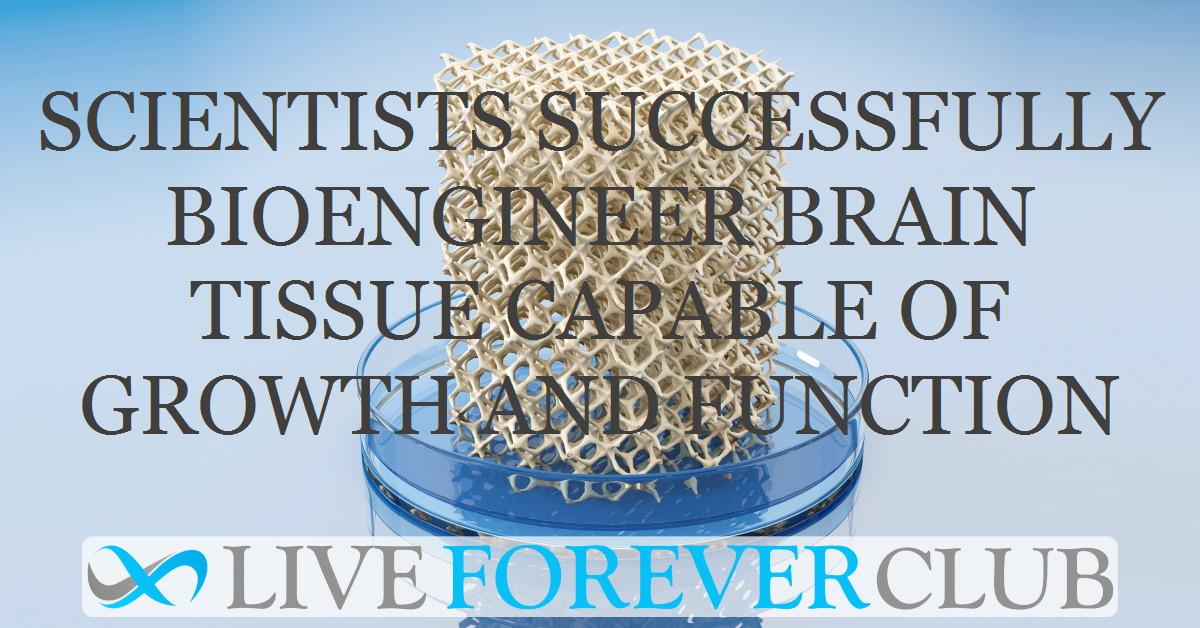Key points from article :
Researchers from University of Wisconsin-Madison 3D printed brain tissue that grows and functions like real tissue.
This could help study healthy and unhealthy brains, test drugs, and understand brain development.
They used a special "bio-ink" and printed thin layers of cells side-by-side which allowed neurons to connect and form a functional network.
It's also accessible to many labs as it doesn't require special equipment.
Future plans include improving the bio-ink and equipment for even more control.
This printed brain tissue could be used for various studies, like Down syndrome, Alzheimer's, and drug testing.
It could also help us understand how the brain develops as a whole.
The study was published in the journal Cell Stem Cell.







